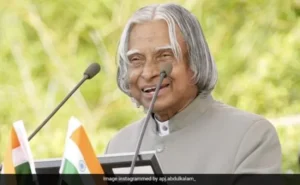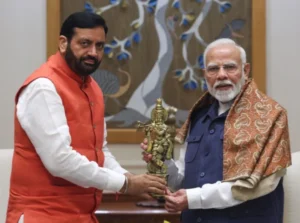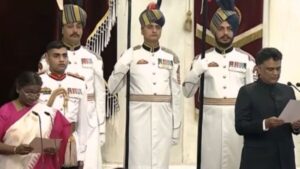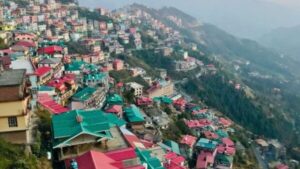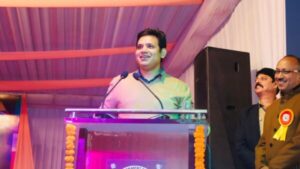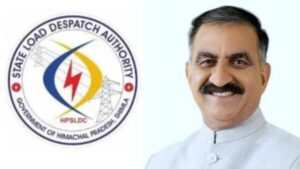10 shocking facts about North Korea you don’t know
The Kim family has ruled North Korea, a highly totalitarian state, since 1948. The country, ruled by its current leader, Kim Jong-un, has a one-party system and a controlled economy. It shares borders with China, Russia, and South Korea. Although being one of the world’s most secretive countries, its missile and nuclear programmes have drawn international notice, raising fears among its neighbours and the international community. The United Nations has placed a number of restrictions on North Korea in order to prevent the nation from progressing with its nuclear programme. Concerns include the country’s isolation and violations of human rights.
The government of North Korea maintains strict control over all aspects of life, including the media, business, and politics. International sanctions have been imposed on the country due to its massive standing army and nuclear weapons development. Human rights violations and a lack of transparency are ongoing concerns.
North Koreans have restricted freedoms in regards to speech, travel, and access to information. All news organisations and internet access are controlled by the government, resulting in a severely regulated environment. The government relies heavily on foreign help to feed its people, with many North Koreans suffering from hunger and other health issues.
Although progress in healthcare and education, North Korea’s human rights record remains a major concern. The government has made efforts to connect with the international community, including high-level discussions with South Korea and the United States. Despite various improvements, worries about the government’s restrictive policies remain. As a result, there is still much work to be done before the country can be regarded as a fully functional member of the global community.
Here’s The 10 Shocking and Little-Known Facts About North Korea
- North Korea was established in 1948 as the Democratic People’s Republic of Korea (DPRK) following the end of World War II.
- North Korea is a socialist state, with Juche, the dominant ideology, emphasising self-reliance, independence, and a powerful military.
- The Workers’ Party of Korea rules the country, and Kim Jong-un, the country’s Supreme Leader, has been in power since 2011.
- North Korea is one of the world’s most isolated and closed-off countries. Foreign visitors are often not permitted, and the government carefully regulates access to information and communication with the outside world.
- North Korea’s official language is Korean, and the country has its own unique language. The government also supports the use of Chosongul, a simpler alphabet developed in the 15th century.
- The Rungrado 1st of May Stadium in North Korea has a capacity of 150,000 people and is the world’s largest stadium. The stadium is mostly utilised for public gatherings and athletic events.
- The country’s economy is primarily dependent on industry, notably mining, metallurgy, and machinery. Agriculture is also important, and the government runs a collective farm system.
- North Korea is well-known for its military parades, which are frequently staged on key events such as the country’s establishment or the ruling family’s birthdays. Thousands of soldiers, tanks, and other military equipment are on display during these events.
- North Korea has a complicated social class system, with residents classified into three major groups: core, wavering, and hostile. The core class consists of devoted followers of the government, whilst the hostile class consists of people regarded as potential opponents of the state.
- North Korea has a rich cultural tradition, including traditional music, dance, and painting, despite its isolation. The country is also famous for its unique cuisine, which includes delicacies like kimchi, a spicy fermented vegetable dish, and naengmyeon, a chilly noodle soup.
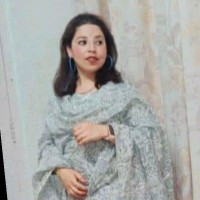
Continuing the achievement of the journey of effectiveness and credibility of more than 10 years in the career of journalism, as a woman journalist, I am Serving as the founder, promoter and editor of DiaryTimes with the trust and support of all. My credible coverage may not have given a big shape to the numbers, but my journey presents articles that make you aware of the exact and meaningful situations of Himachal’s politics, ground issues related to the public, business, tourism and the difficult geographical conditions of the state and financial awareness. DiaryTimes, full of the experience of my precise editorial expertise, is awakening the flame of credible journalism among all of you, so that the eternal flame of meaningful change can be lit in the life of the people of the state and the atrocities being committed against the people can be brought to the fore, I am motivated for that. If even a small change comes with the power of my journalism and the whole world becomes a witness to that issues, then I will consider myself fortunate.


